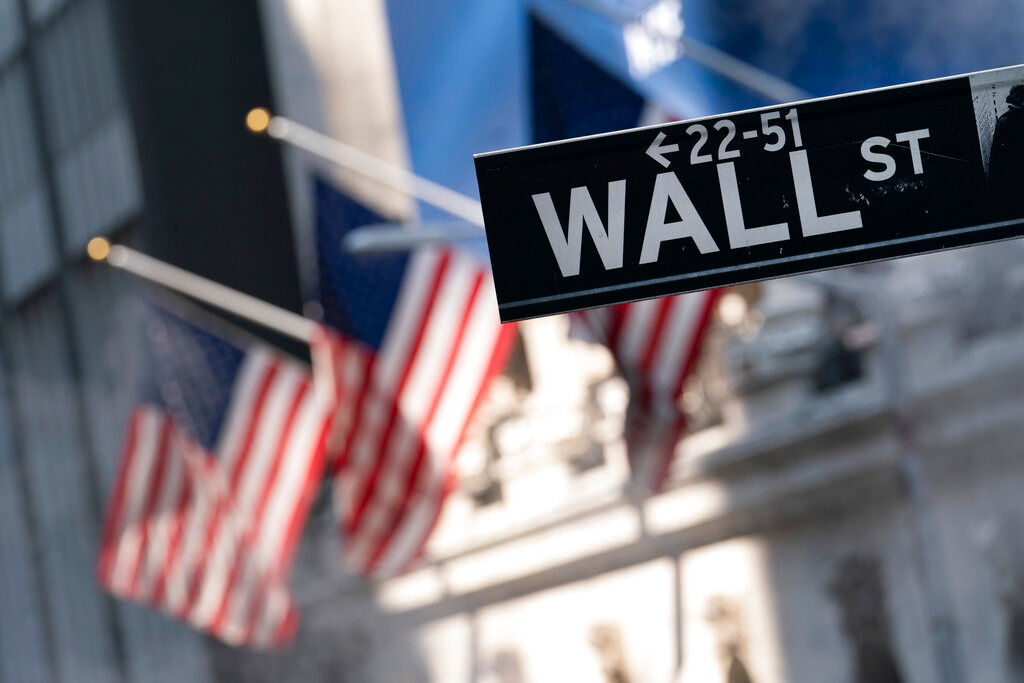Wall Street stocks fell sharply in morning trading on Friday, putting major indexes on track for a weekly loss ending a gaining streak.
The S&P 500 fell 47.96 points or 1.12% to 4,235.78 as of 10:28 Eastern time. The Dow Jones Industrial Average fell 253.85 points or 0.75% to 33,745.19. The Nasdaq fell 236.37 points or 1.82% to 12,728.97.
Also Read | Apple security flaw let hackers gain complete control of devices
Technology stocks were among the biggest losers, pulling the broader market down. Microsoft fell 1.3%. Banks, retailers, and industrial firms also witnessed significant losses.
Meme stock Bed Bath & Beyond plunged 40% after the high-profile activist investor Ryan Cohen confirmed that he has sold his share in the company.
Also Read | Arvind Kejriwal says CBI raid at Manish Sisodia’s residence result of praise in New York Times
General Motors added 2.4% after reinstating its dividend. Foot Locker gained 20.6% after reporting earnings that exceeded market estimates and replacing its CEO.
Trading has been volatile throughout the week as investors watched the recent round of earnings from retailers and updates on spending, the housing market, and the job market.
Also Read | Glazers considering Manchester United sale, $6 billion touted as potential price
Retail giants including Walmart and Target have warned investors that inflation is adversely impacting consumer spending. Department store owner Macy’s will release its results next week.
According to the latest report on retail sales, spending remains resilient as gasoline prices fall and help reduce some pressure from inflation.
Also Read | Amazon accuses FTC of ‘unduly burdensome’ investigation
Investors are trying to determine how soaring inflation is affecting businesses and consumers and whether the economy can remain resilient and avoid a recession. They are also trying to determine how the Federal Reserve will continue with its plan to curb inflation by raising interest rates.
Also Read | Russian court fines Twitch over ‘fake’ video
Minutes from the central bank’s July meeting released this week said inflation is still too high and the Fed will continue raising interest rates. The Fed has raised interest rates twice this year by 0.75 percentage points, three times its usual margin.







